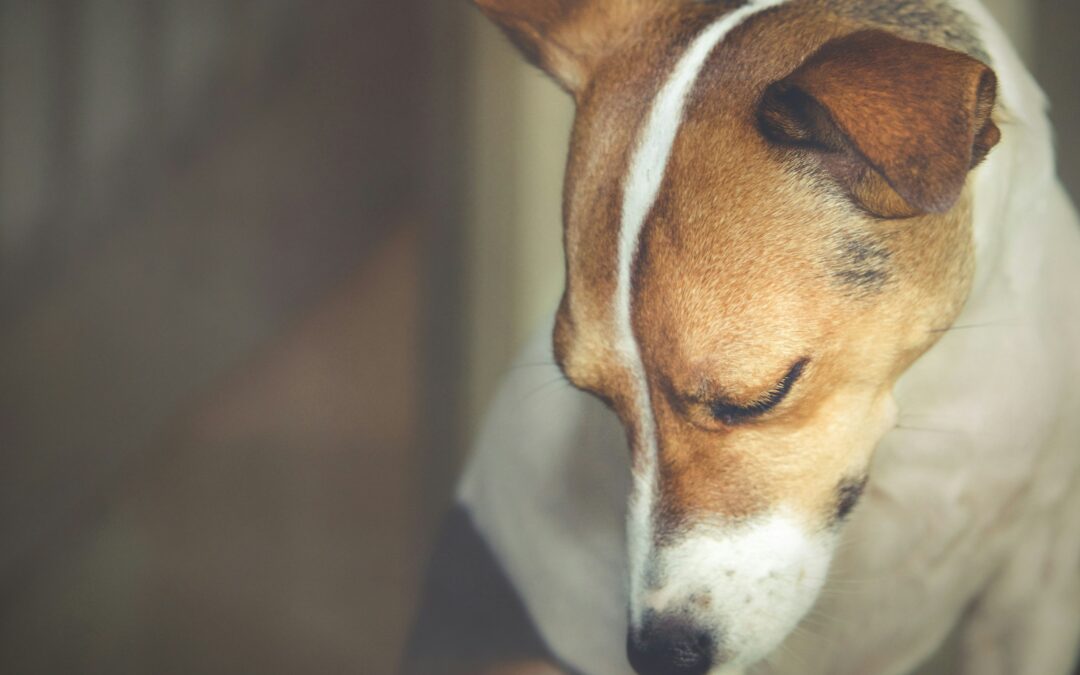Losing a beloved pet is an incredibly tough experience, not only for you but also for your furry companion.
It’s crucial to understand how to help your dog navigate their grief and provide them with the care and empathy they need. Here are ten practical strategies to assist your loyal friend on their healing journey.
1. Keep to the Routine
Maintaining a consistent routine is essential for your dog’s emotional healing. Keep to your regular feeding and exercise schedules, as this can provide a sense of stability during this challenging time. Encourage your furry friend to participate in familiar activities and as much as it might be hard, keep that routine going.
2. Offer Comforting Surroundings
Creating a nurturing environment is crucial for your dog’s well-being during grief. Surround them with familiar scents, such as their favourite toys or blankets, to provide a sense of familiarity and security. Designate a quiet and comfortable space where they can retreat for solace when needed.
3. Engage in Gentle Exercise
Physical activity is not only important for your dog’s overall health but can also promote emotional well-being. Engage in gentle exercise routines together, such as leisurely walks or interactive playtime. Exercise releases endorphins, which can help improve your dog’s mood and alleviate grief symptoms.

Photo by Vruyr Martirosyan on Unsplash
4. Provide Distractions and Mental Stimulation
Engaging your dog in mentally stimulating activities can help divert their attention from grief. Provide puzzle toys, interactive games, or treat-dispensing toys to keep their minds occupied. Mental stimulation can aid in the natural healing process and prevent excessive dwelling on their loss.
5. Maintain a Balanced Diet
Proper nutrition plays a vital role in your dog’s overall well-being, including their emotional state. Sometimes, after a bereavement, dogs can go off their food. So try to ensure they are receiving a balanced and nutritious diet appropriate for their specific needs. Consult your veterinarian for guidance on the best diet to support their emotional healing, especially if they are refusing to eat or eating less.
6. Seek Supportive Socialization
Engaging with other dogs or friendly animals can provide comfort and emotional support to your grieving dog. Arrange playdates with well-behaved, gentle companions, or consider frequent visits to a local dog park. Socialization can help your dog express emotions, build new connections, and find solace in the company of others. Just like humans, sometimes comfort comes from being around others and if this is something your dog enjoys, it’s important to keep doing it.
7. Communicate with Love and Understanding
During the grieving process, effective communication becomes even more crucial. Speak to your dog with a soft, comforting tone and provide gentle reassurance. Use positive reinforcement techniques to reinforce desirable behaviours and create a sense of security and trust. If you need advice about how to do this, consult your vet or a dog behaviourist.

Photo by REGINE THOLEN on Unsplash
8. Encourage Relaxation and Calming Techniques
Help your dog relax and find peace by incorporating relaxation techniques. Establish a soothing bedtime routine, such as gentle massages or playing calming music. You can also explore natural calming aids, like lavender scents or pheromone diffusers, to create a serene environment.
9. Practice Active Listening
Your dog may not be able to express their emotions verbally, but they can communicate nonverbally. Practice active listening by observing their body language, facial expressions, and overall behaviour. Understand their cues and respond with empathy and understanding.
10. Allow Time for Healing
The grieving process takes time, and every dog heals at their own pace. Be patient with your furry friend and give them the space they need to process their emotions. Avoid rushing their healing journey and provide unconditional support throughout the entire grieving process.
By implementing these ten strategies, you can provide the necessary support and empathy to help your dog heal from their loss. Remember, each dog is unique, so adapt these techniques to suit their individual needs. Your loyal companion deserves love, understanding, and patience during this difficult time. You can get through it at your own pace and heal your broken hearts together. And remember, if you need extra support yourself, there are pet bereavement counsellors who are there to help.

